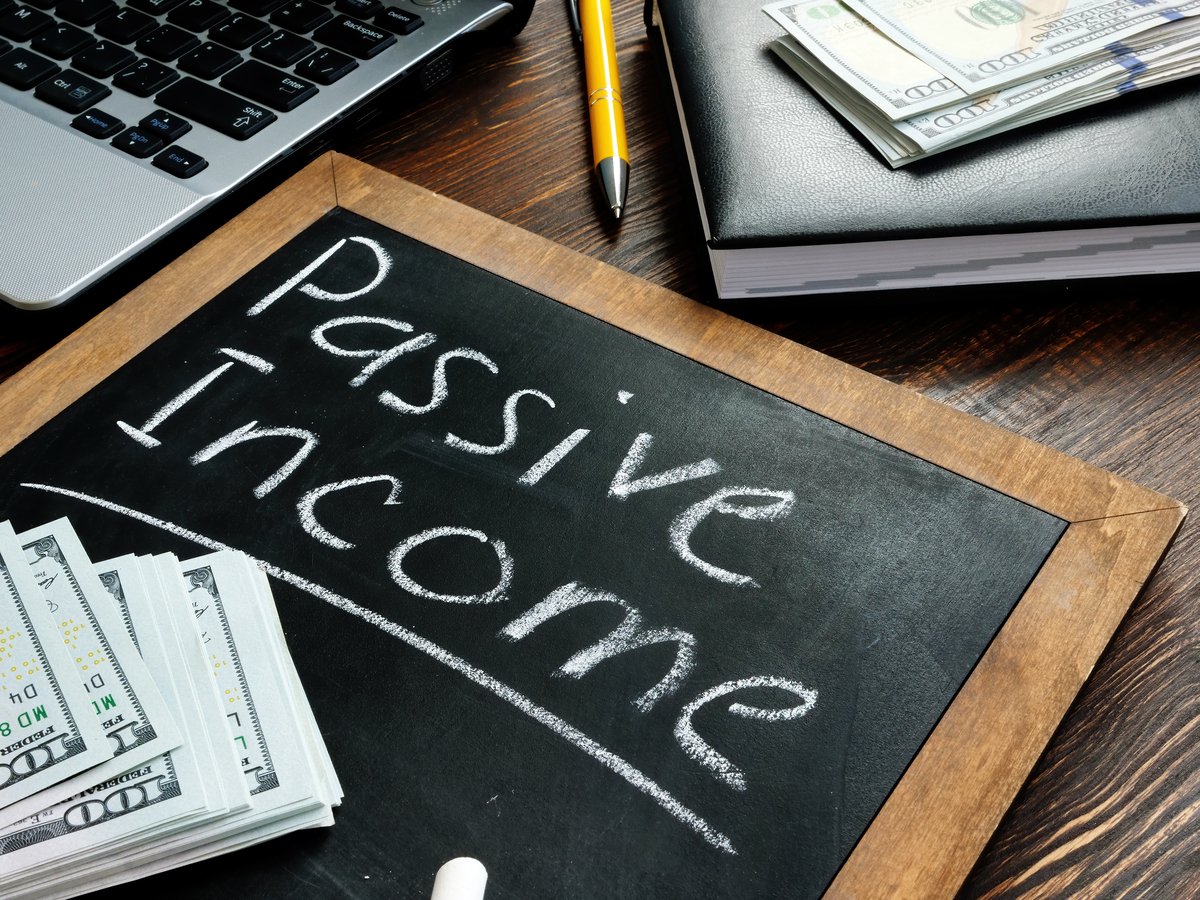Most everyone knows by now that McDonald's (MCD +0.46%) is having a hard time this year. Guest traffic is going in the wrong direction in the United States. While some attribute this to the widely held belief that McDonald's is suffering from shifting consumer tastes, this seems to be an overly simplistic view. To be sure, consumers are indeed adjusting their eating preferences. But there's a much more fundamental reason for McDonald's woes. What's going on with McDonald's in the United States goes deeper, and it has to do with the company's customer base.
Plainly stated, McDonald's customers are really struggling. Its core demographic is low-income consumers, a group that still hasn't recovered from the recession. Because of this, McDonald's customers are still holding back. This is what really separates McDonald's from a high-growth restaurant like Chipotle Mexican Grill (CMG +0.65%).
McDonald's is stuck between a rock and a hard place
McDonald's has long wanted to expand its menu into higher-priced categories, but these initiatives never seemed to work out. Everything from its Angus burgers to its Mighty Wings were clear attempts to sell higher-margin items, but those didn't pan out. The reason those new menu offerings didn't have staying power was simple: McDonald's customers couldn't afford them.
By comparison, Chipotle is having little trouble selling food at much higher prices than McDonald's. Even better, Chipotle can pass along regular price increases to keep its margins fat. You may recall that Chipotle announced earlier this year that it would raise prices on its burritos, tacos, and bowls by an average of 4%-6%. At the time, some critics contended this was a disastrous move. After all, consumers simply wouldn't stand for a price increase in an economic environment that remained challenging for so many.
But those who said Chipotle shouldn't raise prices don't really understand Chipotle. Chipotle can raise prices because its customers will pay more. Chipotle customers are higher-income than McDonald's customers and are much more able to absorb price increases. Chipotle is widely known as a premium brand in the fast-casual realm, and higher prices don't come as a surprise to anyone.
The end result for Chipotle is that it's firing on all cylinders. Comparable-restaurant sales and earnings per share jumped 15% and 16%, respectively, over the first six months of the year. Chipotle management attributed this success to a combination of higher guest traffic and an increase in check size, which management credits to the price increases enacted earlier this year. It's also interesting to note that guest traffic keeps going up, despite the price increases.
Meanwhile, McDonald's is realizing it has little choice but to stick with cheaper offerings. Its Dollar Menu items remain popular, which is what its core customers are really after. Low-income consumers are still struggling to recover from the recession. This is why McDonald's comparable sales, which measure sales at locations open at least one year, fell 1.5% in the United States last quarter.
Here is how McDonald's management acknowledges its current problems in its quarterly earnings reports, along with its solutions.
- "As a System, we are diligently working to effectively navigate the current market conditions to regain momentum."
- "Given the current environment, the U.S. is addressing its service, value and menu opportunities to enhance customer relevance and loyalty."
- "To reignite momentum over the next 18 months, we're focused on fortifying the foundational elements of our business by concentrating our efforts on compelling value."
As you can see, one of the core areas of focus will continue to be to emphasize value, which in a way simply demonstrates what a tough spot McDonald's is in.
Pricing power is why McDonald's is no Chipotle
Chipotle raised prices in an effort to combat rising prices of the ingredients it buys. Increasing costs of raw materials such as beef and dairy threaten to take a serious bite out of restaurants' margins. Chipotle's food costs increased 1.5% last quarter. To keep margins intact, management had little choice but to raise prices.
Rest assured, McDonald's would love to do the same thing. But it simply can't. It needs to keep prices as low as possible, or else risk even further declines in guest traffic than it's already experiencing. This is putting a lot of pressure on McDonald's margins.
Chipotle has the pricing power necessary to pass on regular price increases to its customers without risking a customer exodus to a competitor. McDonald's, on the other hand, enjoys no such luxury. While McDonald's is assuredly still a highly profitable company that generates solid cash flows, its growth has an inevitable limit, as does the spending power of its core customers.







